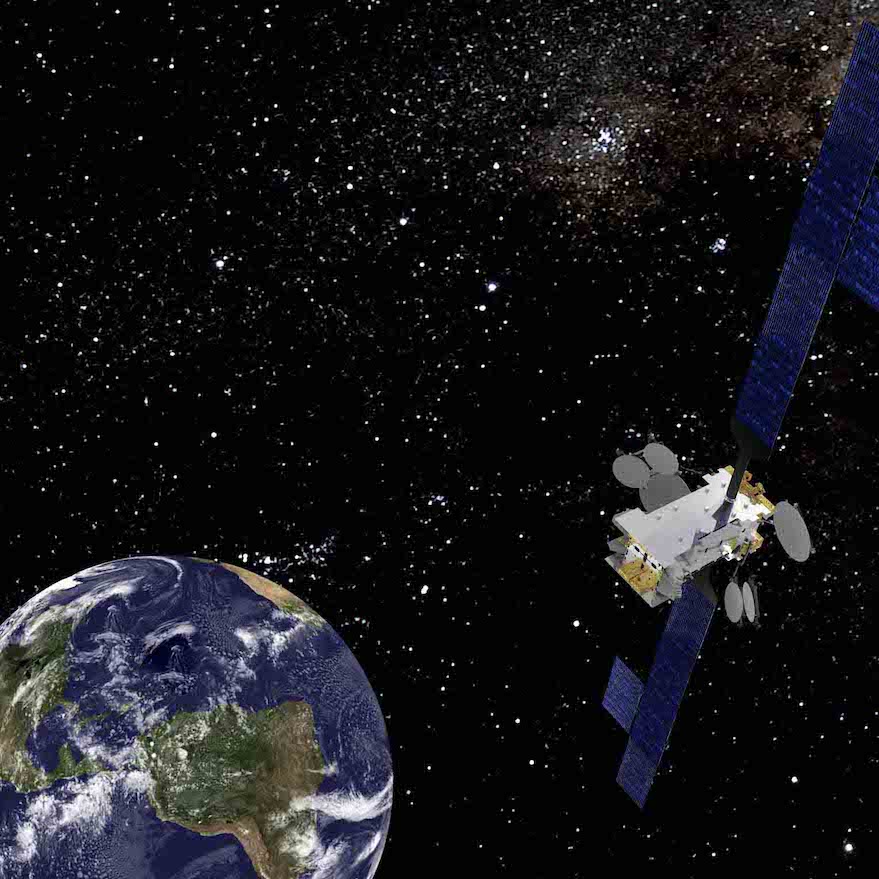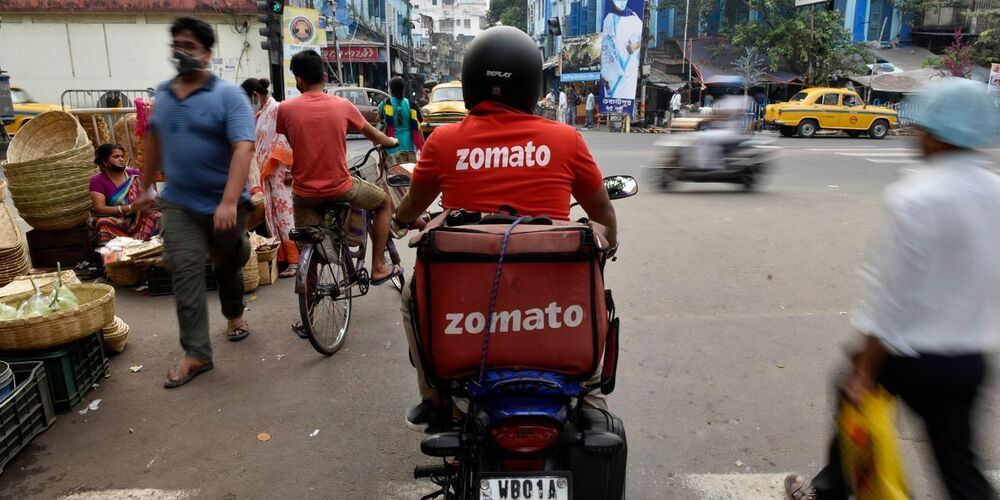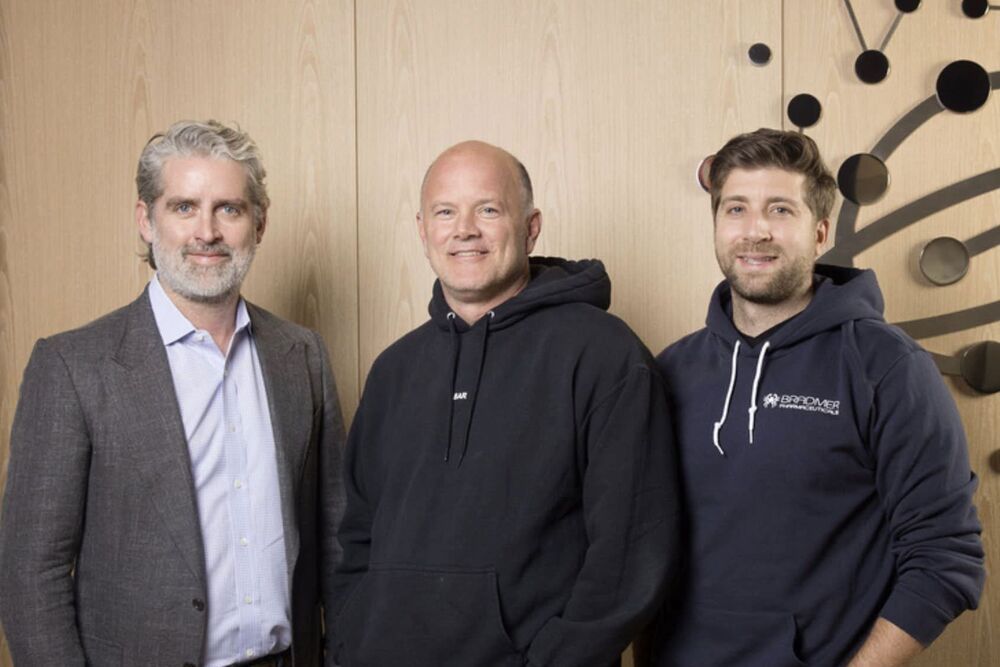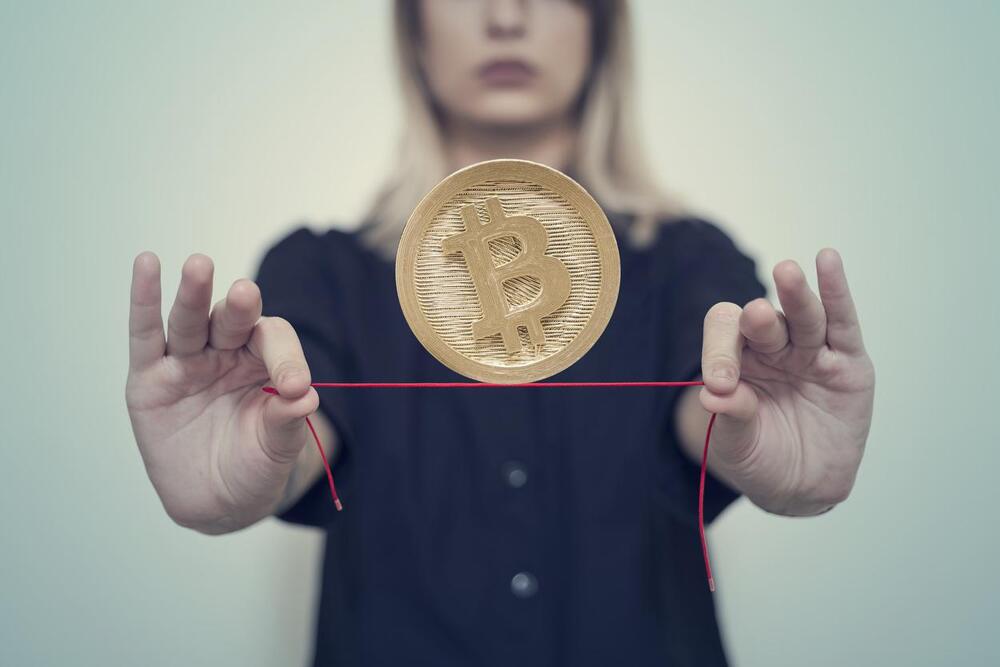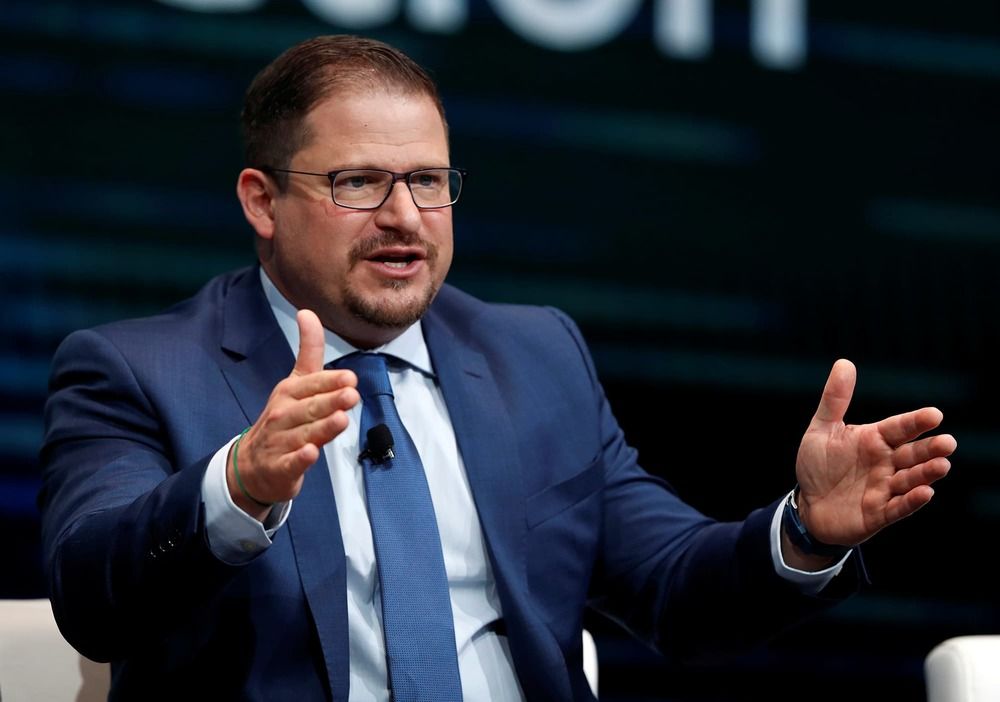The Export-Import Bank of the U.S. has arranged financing for the SpaceX launch of a Hispasat satellite, the first space deal it has done in six years.
WASHINGTON — The Export-Import Bank of the United States has arranged financing for the SpaceX launch of a Hispasat satellite, the first space deal the bank has done in six years.
Ex-Im announced June 21 that it approved $80.7 million in financing for a Falcon 9 launch of a Hispasat satellite, Amazonas Nexus, as well as launch and initial in-orbit insurance. The bank said the financing will be in the form of either a direct loan or a loan guarantee.
The Spanish operator announced in early 2020 it ordered Amazonas Nexus from Thales Alenia Space. The 4500-kilogram satellite will replace Amazonas-2 at 61 degrees west in geostationary orbit. At the time of the contract announcement, Hispasat said it expected to launch the satellite in the second half of 2022. Bpifrance, France’s export credit agency, is financing the construction of the satellite.
